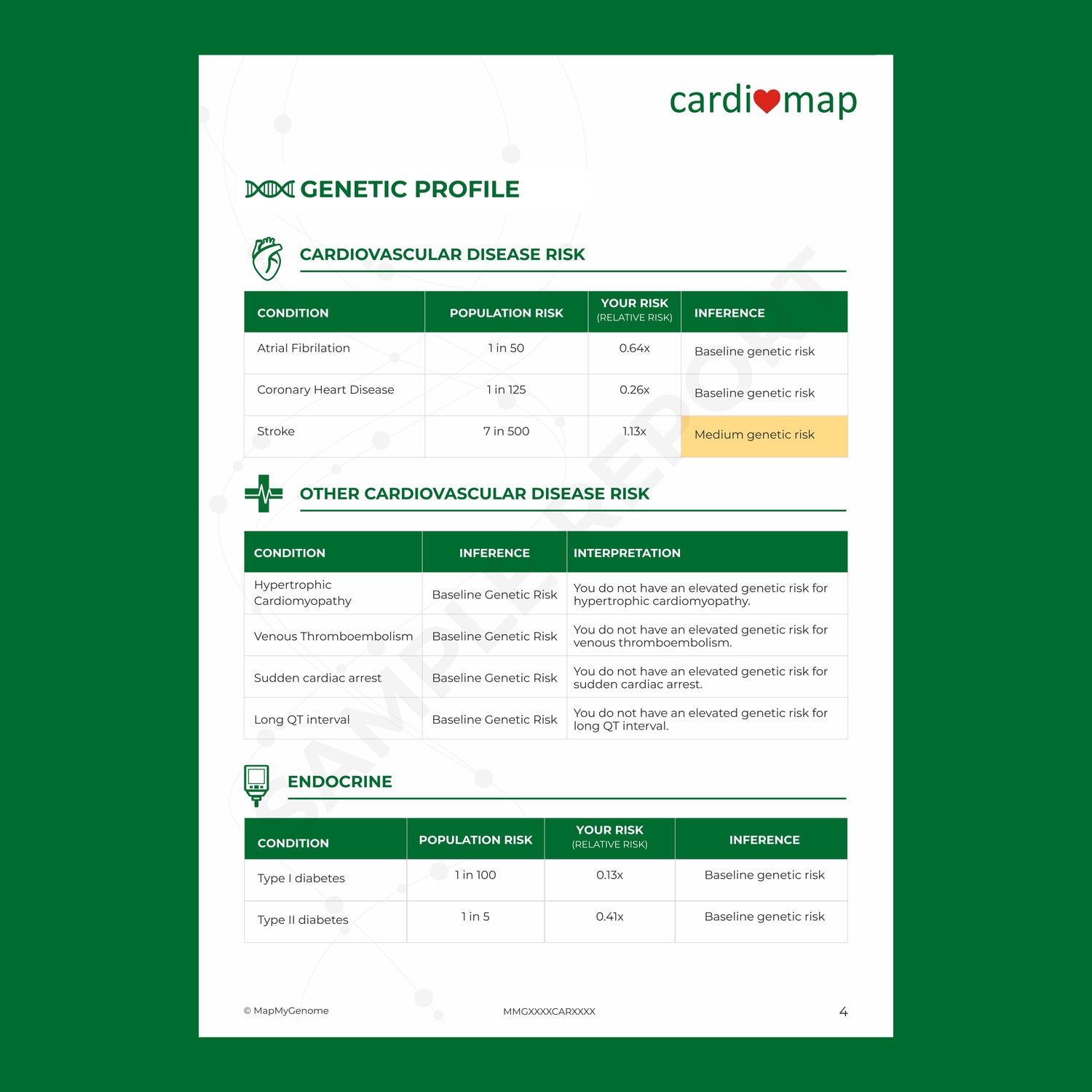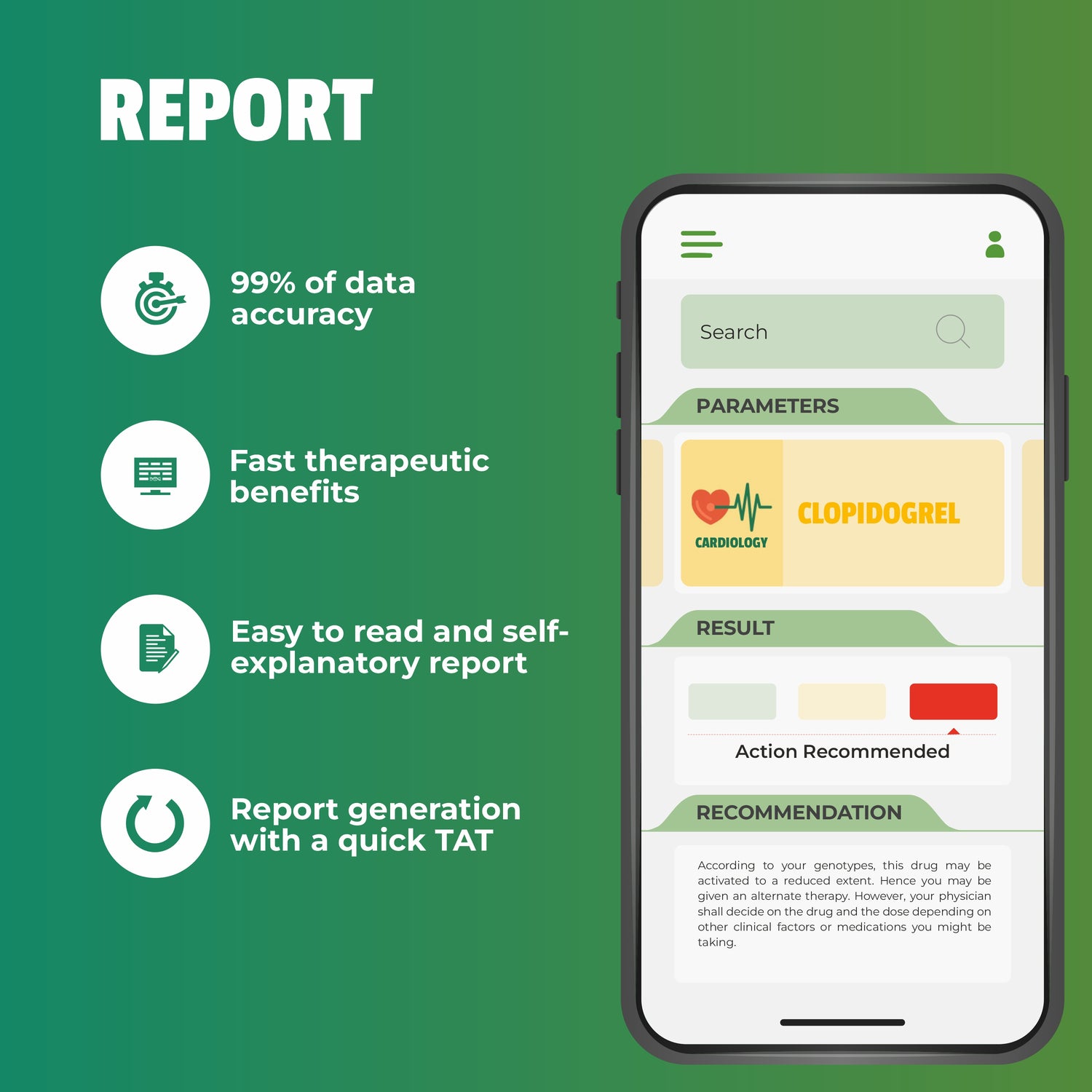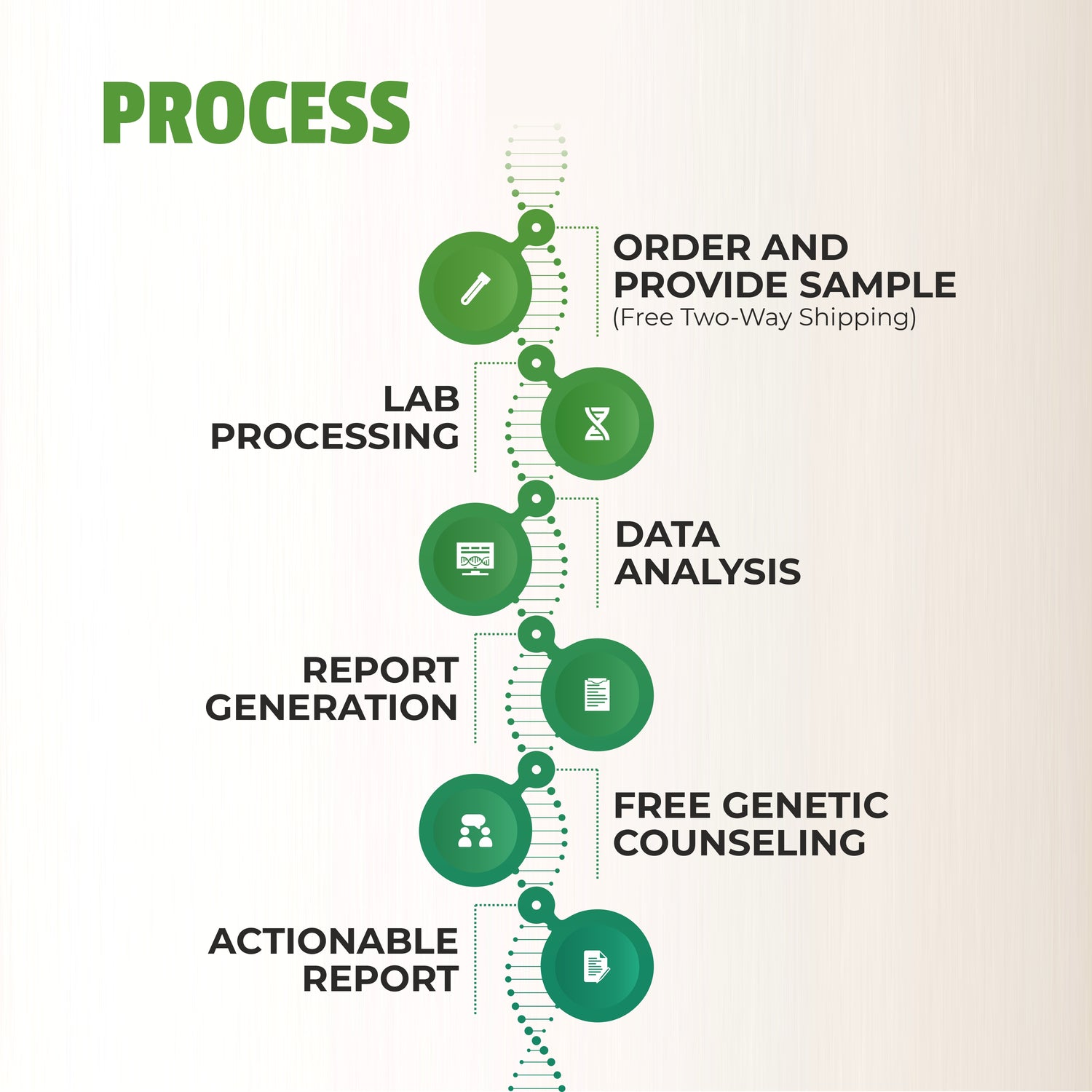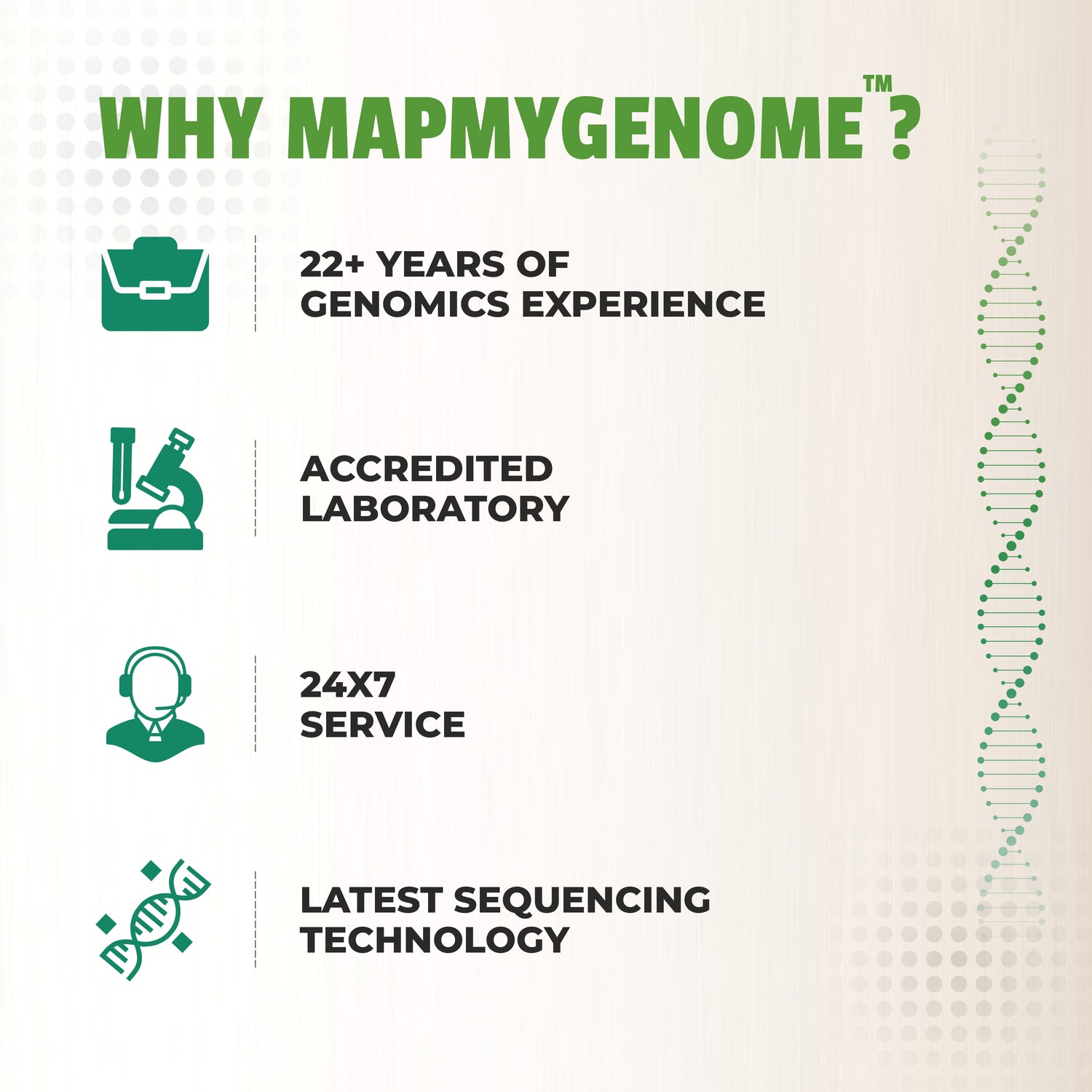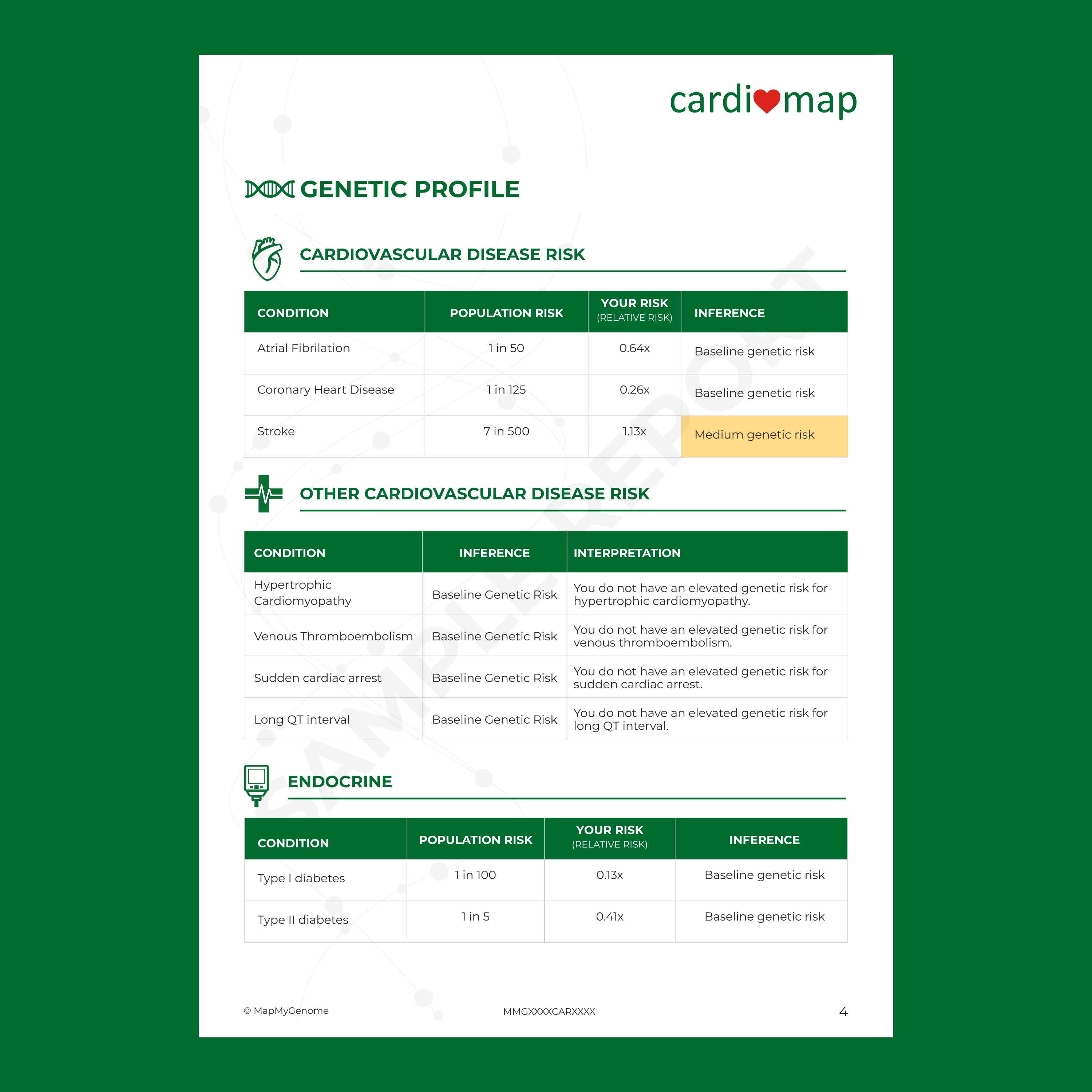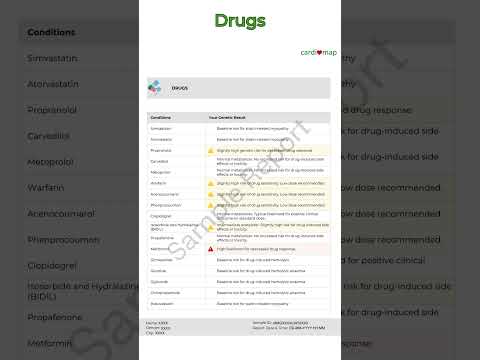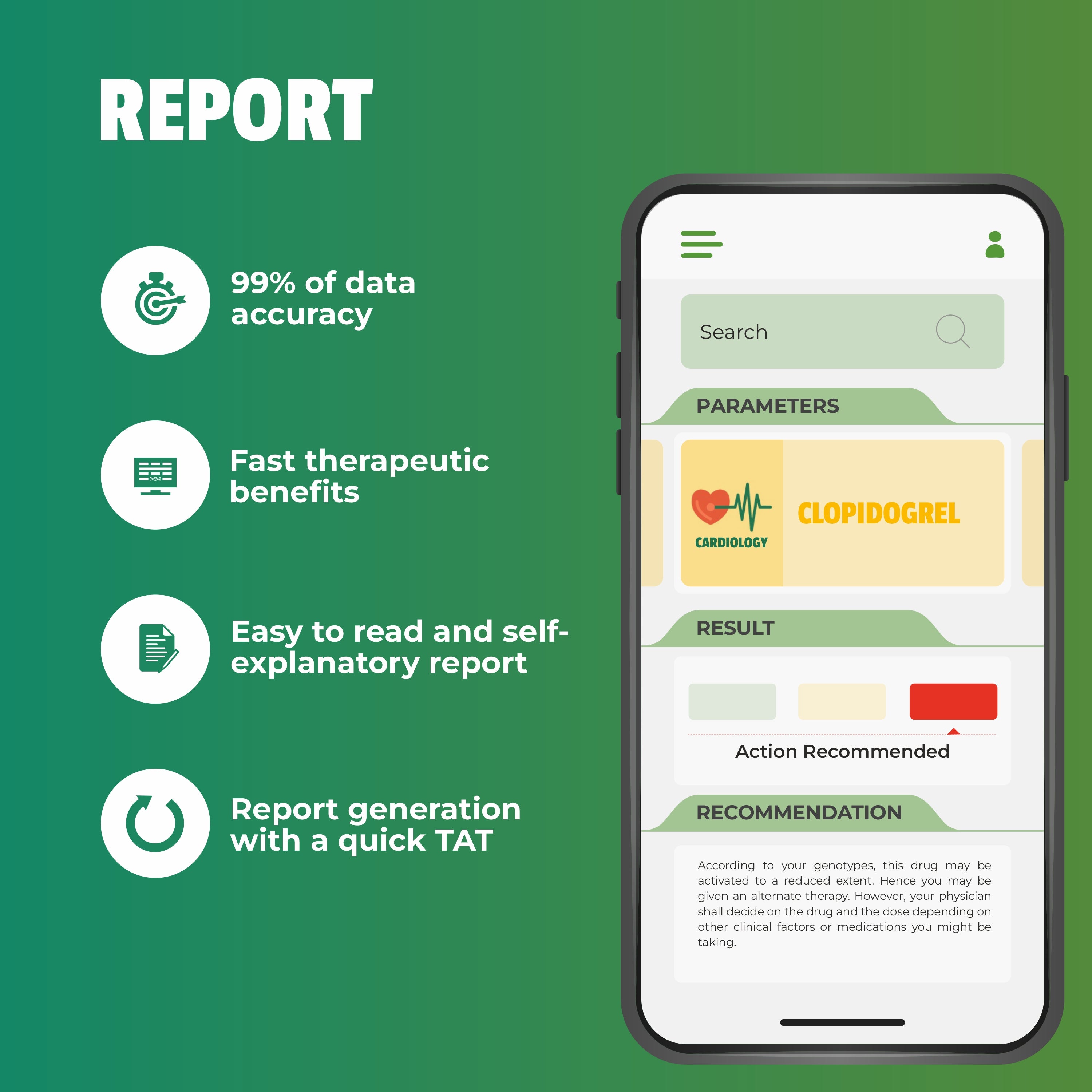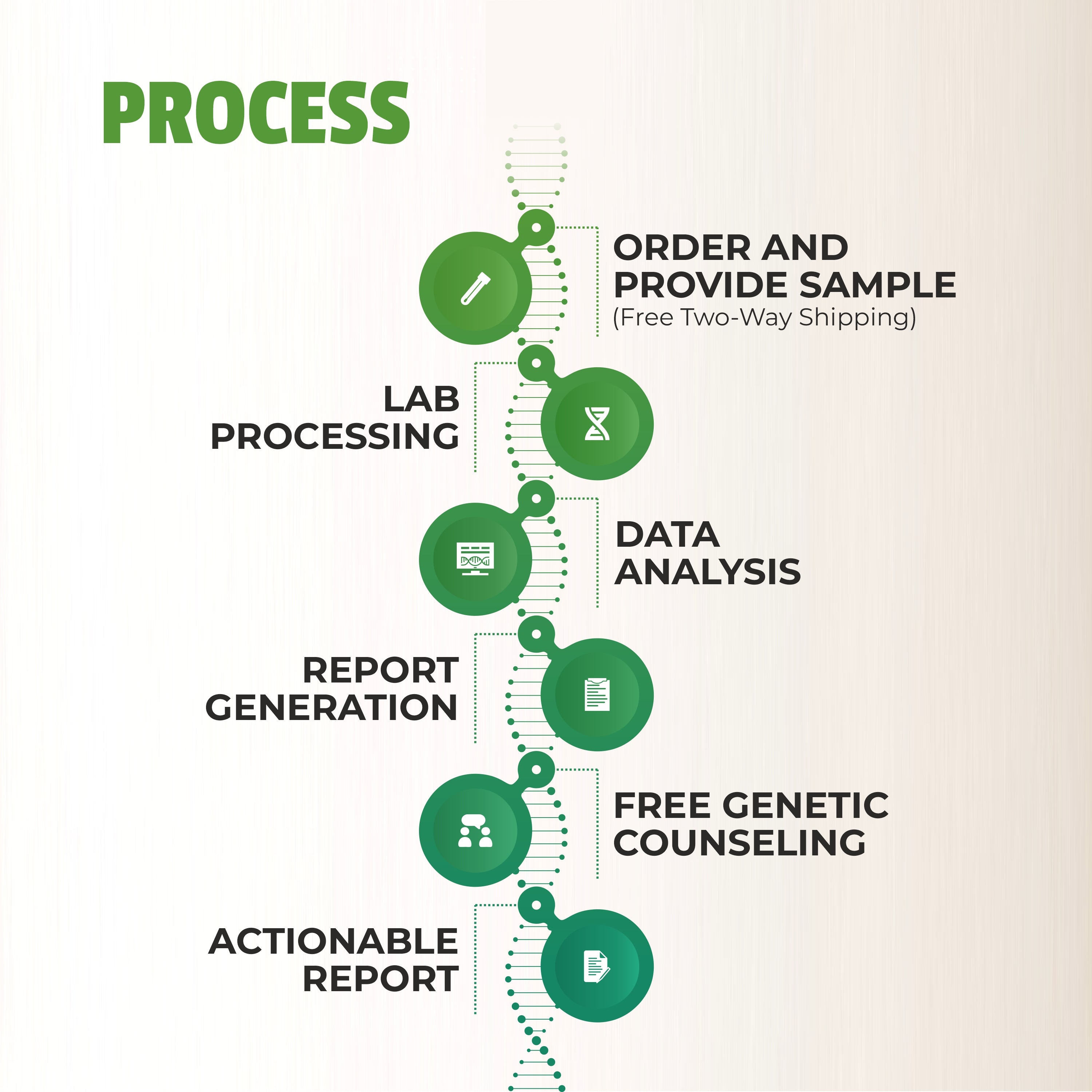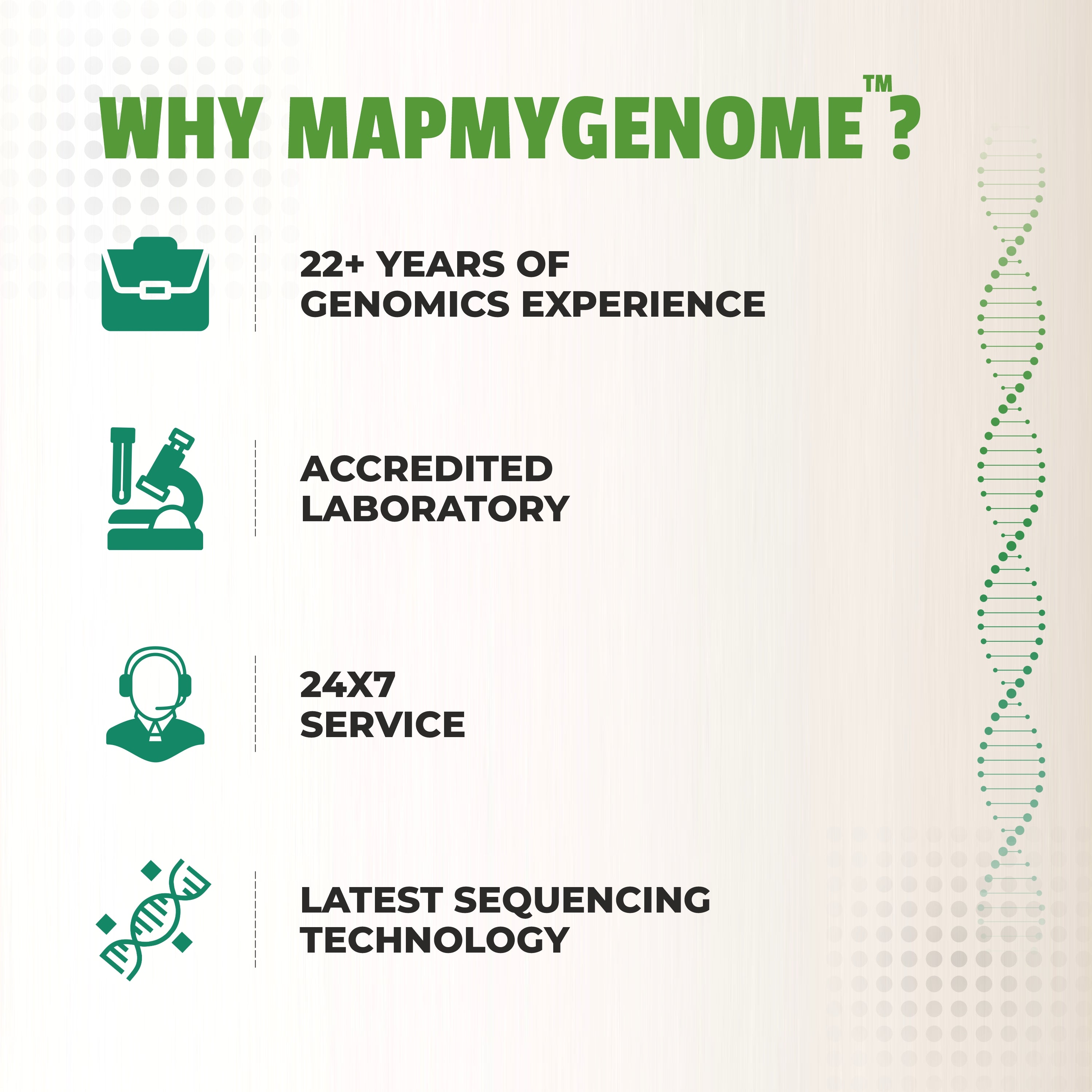Heart disease is one of the leading causes of death worldwide, and genetics plays a significant role in determining an individual’s risk. While lifestyle choices like diet and exercise are crucial, genetic testing can provide deeper insights into inherited risks for cardiovascular diseases.
If you’re wondering whether a genetic test for heart disease is right for you, this guide will help you understand who should consider testing and how it can impact your health decisions.
How Genetics Influence Heart Health
Your genetic makeup can affect your heart in several ways, including:
-
Inherited Risk Factors – Some people are genetically predisposed to high cholesterol, hypertension, or other heart conditions.
-
Familial Heart Conditions – Certain heart diseases, like hypertrophic cardiomyopathy or arrhythmias, run in families.
-
Metabolism & Inflammation – Your genes can influence how your body processes fats, sugars, and inflammation, all of which impact heart health.
Understanding these factors can help in early detection, prevention, and personalized treatment plans for heart disease.
Who Should Consider a Genetic Test for Heart Disease?
Genetic testing is not necessary for everyone, but certain individuals can benefit greatly from it. You should consider testing if you:
1. Have a Family History of Heart Disease
If multiple close relatives have had heart attacks, strokes, or other cardiovascular conditions, your risk may be higher. Genetic testing can help identify inherited mutations.
2. Have High Cholesterol or Hypertension at a Young Age
Conditions like familial hypercholesterolemia (FH) can cause extremely high cholesterol levels from a young age, leading to early heart disease.
3. Have a Personal History of Unexplained Heart Issues
If you’ve experienced irregular heart rhythms, unexplained fainting, or early heart attacks, a cardiovascular DNA test may reveal underlying genetic causes.
4. Are Planning for Pregnancy
If you have a family history of inherited heart diseases, genetic screening can help assess potential risks for your child.
5. Want Personalized Prevention Strategies
Even if you don’t have a known risk, genetic testing can help create a tailored heart health plan based on your DNA.
Benefits of Genetic Testing for Heart Disease
Early Detection: Find out if you have genetic markers for heart disease before symptoms appear.
Personalized Treatment: Doctors can recommend specific medications and lifestyle changes based on your genetic profile.
Proactive Prevention: Get ahead of potential issues with customized exercise, diet, and medication plans.
Family Health Planning: Helps family members assess their own risk and take preventive steps.
How Does a Genetic Test for Heart Disease Work?
1. Consultation
A healthcare provider or genetic counselor will discuss your family history, medical history, and reasons for testing.
2. Sample Collection
A DNA sample is collected through a simple cheek swab or blood test.
3. Laboratory Analysis
The sample is analyzed to look for specific genetic variations linked to heart disease.
4. Results & Interpretation
Your results will indicate whether you have any high-risk mutations and what steps you can take next.
5. Actionable Next Steps
Based on your results, you and your doctor can develop a plan to reduce your heart disease risk.
Frequently Asked Questions (FAQs)
1. Can genetic testing predict if I will definitely get heart disease?
No, genetic testing assesses risk, but lifestyle and environmental factors also play a major role in whether you develop heart disease.
2. How much does genetic testing for heart disease cost?
The cost varies depending on the test type and provider but typically ranges between $200-$500. Some insurance plans may cover it if medically necessary.
3. Is genetic testing painful?
No, it usually involves a cheek swab or simple blood test, both of which are painless.
4. Can I do a genetic heart test at home?
Yes, there are at-home DNA test kits for heart health, but it’s recommended to consult with a doctor for a more accurate clinical genetic test.
5. What should I do if I test positive for a heart-related gene mutation?
If your test indicates a high genetic risk, you should consult a cardiologist or genetic counselor to discuss preventive steps, lifestyle changes, and medical monitoring.
Take Charge of Your Heart Health Today
Genetic testing for heart disease is a powerful tool that helps individuals take control of their cardiovascular health. If you have a family history of heart disease, high cholesterol, or unexplained heart issues, consider a genetic test to gain personalized insights and prevention strategies.
Your heart health is in your hands! Stay informed, stay proactive, and take steps today to protect your future.




